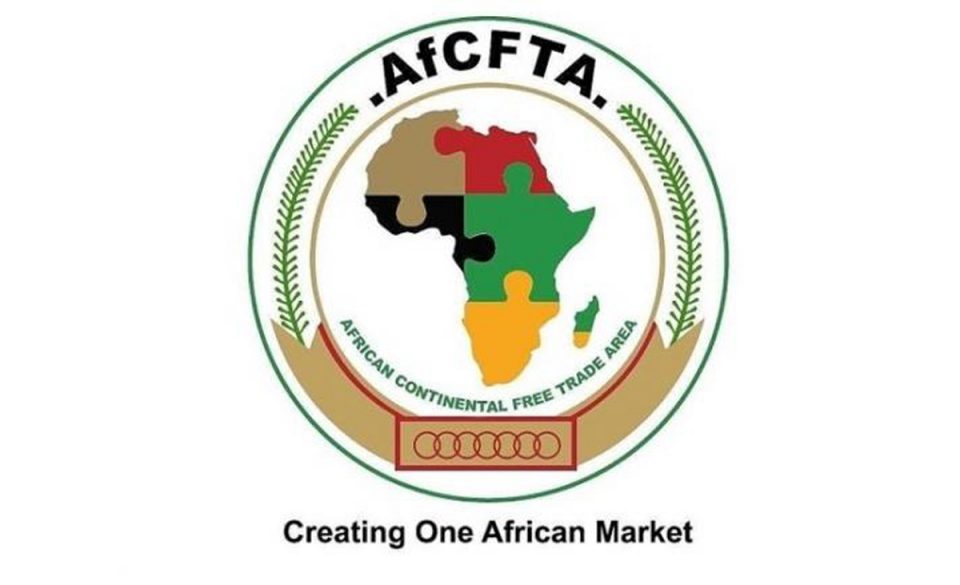Stakeholders in the agri-business sector have expressed concerns that the lack of a standardisation policy for the country may deny Nigeria the much-expected benefits of the African Continental Free Trade Area (AfCFTA) agreement whose implementation had already commenced.
They believed that as actual trading among African countries is about to begin in earnest, Nigerian SMEs seemed unprepared to take advantage of the opportunity presented by the agreement because they are still lagging behind global best practices.
The stakeholders at a one-day consultative workshop on the development of the national Agricultural Commodity Standards Grading System (AgCSGS) and Policy Framework, said a lot still needed to be done in terms of the quality of products and services SMEs supply, particularly agricultural commodities.
In an interview with THISDAY, Director-General, Nigeria Agri-Business Group (NABG), Mr. Manzo Maigari, said compliance and alignment with the global benchmark for standards and trading is currently lacking among Nigerian businesses.
He said, “But in modern business and trade today, people want to be sure of the quality, the sanitation, and the hygiene of what you are selling and if they cannot, be sure that you cannot ha
“We can play locally and manage and do whatever we want to do but if we want to sell internationally, if we want to be competitive in agriculture globally, then we must comply and align ourselves to global benchmark for standards and trading. And this is what does not exist currently in Nigeria.”
Maigari, however, said, as custodians of agri-business in the country, NABG had taken the initiative to bring stakeholders together both in the public and private sectors with a view to crafting a policy that would enable Nigeria to compete favourably in Africa and across the world.
He added, “You already are aware that our efforts to export have always been frustrated because you hear rejects here and there when our products are exported, you hear that they have been rejected and the whole idea has to do with the fact that we do not have a policy framework that ensures standards, quality, and certification.”
Also speaking at the forum, themed, “Unlocking Our Agri-Commodity Market: Setting the Appropriate Value for Nigeria’s Agri-Produce Exports”, Executive Secretary, National Action Committee of the AfCFTA/Special Adviser to the President on AfCFTA, Mr. Francis Anatogu, said training and capacity building needed to be sustained for SMEs to play in the global market.
However, he noted that despite the progress so far recorded in the implementation of continental the trade agreement, actual trading among countries was yet to commence.
In the same vein, Managing Director/Chief Executive, Agri-business Innovation International Limited (AGRICON), Mrs. Stella Oraka, said, “When you talk about food safety, we are talking about producing what we eat and sell, and what we produce. And that has been the president’s aim and objective.
Also, a representative from the Base of Pyramid Innovation Center (BOP INC), Mrs. Mercy Mayaki, said one of the reasons why people in Nigeria live below the poverty line was because of the quality of products and services that they supply particularly agricultural commodities.
She said, “If they don’t supply high-value commodities into the market, they are not able to optimise their income streams from the commodities that they sell.”



